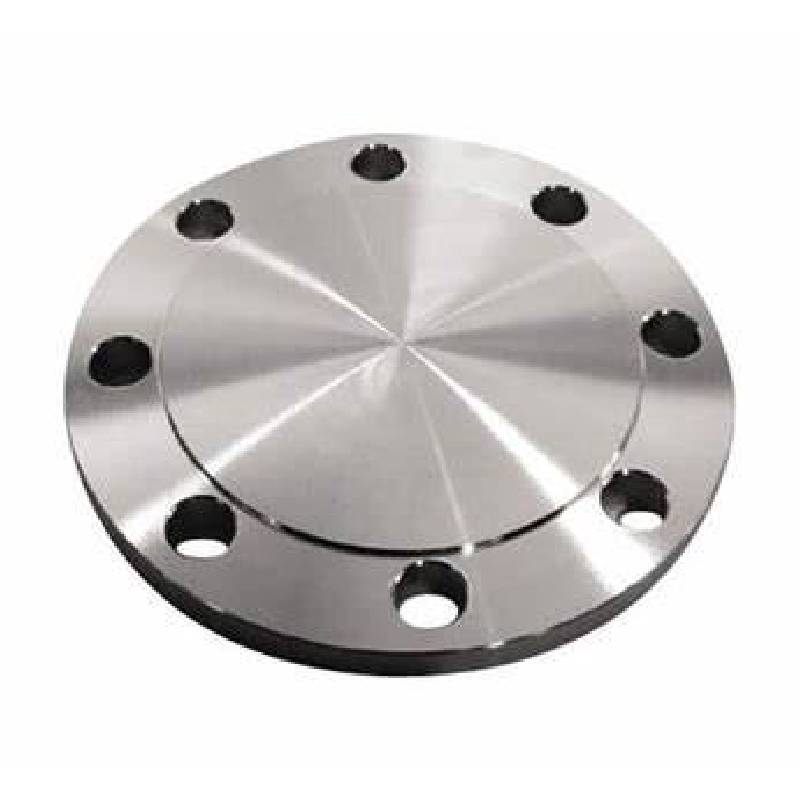-
Cangzhou Yulong Steel Co., Ltd.
-
Phone:
+86 13303177267 -
Email:
admin@ylsteelfittings.com
- English
- Arabic
- Italian
- Spanish
- Portuguese
- German
- kazakh
- Persian
- Greek
- French
- Russian
- Polish
- Thai
- Indonesian
- Vietnamese
- Zulu
- Korean
- Uzbek
- Hindi
- Serbian
- Malay
- Ukrainian
- Gujarati
- Haitian Creole
- hausa
- hawaiian
- Hebrew
- Miao
- Hungarian
- Icelandic
- igbo
- irish
- Japanese
- Javanese
- Kannada
- Khmer
- Rwandese
- Afrikaans
- Albanian
- Amharic
- Armenian
- Azerbaijani
- Basque
- Belarusian
- Bengali
- Bosnian
- Bulgarian
- Catalan
- Cebuano
- China
- China (Taiwan)
- Corsican
- Croatian
- Czech
- Danish
- Esperanto
- Estonian
- Finnish
- Frisian
- Galician
- Georgian
- Kurdish
- Kyrgyz
- Lao
- Latin
- Latvian
- Lithuanian
- Luxembourgish
- Macedonian
- Malgashi
- Malayalam
- Maltese
- Maori
- Marathi
- Mongolian
- Myanmar
- Nepali
- Norwegian
- Norwegian
- Occitan
- Pashto
- Dutch
- Punjabi
- Romanian
- Samoan
- Scottish Gaelic
- Sesotho
- Shona
- Sindhi
- Sinhala
- Slovak
- Slovenian
- Somali
- Sundanese
- Swahili
- Swedish
- Tagalog
- Tajik
- Tamil
- Tatar
- Telugu
- Turkish
- Turkmen
- Urdu
- Uighur
- Welsh
- Bantu
- Yiddish
- Yoruba

Aug . 09, 2024 20:10 Back to list
Comprehensive Overview of API 5L X70 PSL2 Specification and Its Key Features and Applications
Understanding API 5L X70 PSL2 Specification A Comprehensive Overview
The API 5L specification is a key standard developed by the American Petroleum Institute (API) for the production of seamless and welded steel pipes intended for the transportation of various petroleum and natural gas products. Within this specification, the X70 PSL2 grade stands out due to its impressive strength and versatility, making it a sought-after material in the oil and gas industry.
What is API 5L X70 PSL2?
API 5L X70 PSL2 refers to a specific type of steel pipe that meets the standards outlined in the API 5L specification. The X70 denotes a high yield strength of 70,000 psi, while PSL2 indicates that it meets the more stringent Product Specification Level 2 requirements. PSL2 materials have tighter chemical composition and mechanical property limits compared to PSL1, which is essential for pipelines that face challenging conditions.
Chemical Composition
For API 5L X70 PSL2, the chemical composition is critical to ensuring the pipe's strength and durability. This grade typically contains carbon, manganese, phosphorus, sulfur, silicon, nickel, chromium, and molybdenum in specified amounts to enhance its mechanical properties. For instance, controlled carbon content contributes to the overall hardness and tensile strength, while manganese improves the ductility and weldability of the steel.
Mechanical Properties
One of the defining characteristics of API 5L X70 PSL2 is its mechanical properties. The yield strength is not less than 70,000 psi, with a minimum tensile strength ranging from 82,000 psi to 100,000 psi. This high strength makes it ideal for use in high-pressure environments, such as offshore pipelines or deep underground applications. Furthermore, the elongation percentage reflects the material's ability to stretch before breaking, which is crucial for accommodating pressure fluctuations during operation.
api 5l x70 psl2 specification

Applications
The robust nature of API 5L X70 PSL2 pipes makes them widely applicable in various sectors, particularly in hydrocarbon transportation. These pipes are commonly utilized in the construction of pipeline systems for transporting natural gas, crude oil, and refined products. Additionally, their corrosion resistance and durability ensure longevity, even in the face of harsh environmental conditions.
The application is not limited to just pipeline transport. Due to its high strength, X70 PSL2 steel pipes are also used in structural applications such as platforms, drilling rigs, and other facilities within the oil and gas sector. Their ability to withstand extreme conditions has made them a preferred choice among engineers and project managers.
Welding and Fabrication
Welding is a common method for joining API 5L X70 PSL2 pipes, and the material's composition allows for a wide range of welding techniques, including SMAW, SAW, and GTAW. However, specific preheat and interpass temperature procedures need to be followed to avoid cracking and ensure the integrity of the welds. Proper welding practices enhance the overall quality and performance of the pipeline system.
Conclusion
In summary, API 5L X70 PSL2 is a high-performance steel pipe specification that plays a vital role in the energy sector. Its exceptional mechanical properties, coupled with its ability to withstand harsh conditions, make it indispensable for the safe and efficient transportation of oil and gas products. As industries continue to evolve and demand more robust materials, the significance of API 5L X70 PSL2 will only continue to grow, solidifying its status as a key player in pipeline technology.
Latest news
-
ANSI 150P SS304 SO FLANGE
NewsFeb.14,2025
-
ASTM A333GR6 STEEL PIPE
NewsJan.20,2025
-
ANSI B16.5 WELDING NECK FLANGE
NewsJan.15,2026
-
ANSI B16.5 SLIP-ON FLANGE
NewsApr.19,2024
-
SABS 1123 FLANGE
NewsJan.15,2025
-
DIN86044 PLATE FLANGE
NewsApr.19,2024
-
DIN2527 BLIND FLANGE
NewsApr.12,2024
-
JIS B2311 Butt-Welding Fittings LR/SR 45°/90° /180°Seamless/Weld
NewsApr.23,2024











